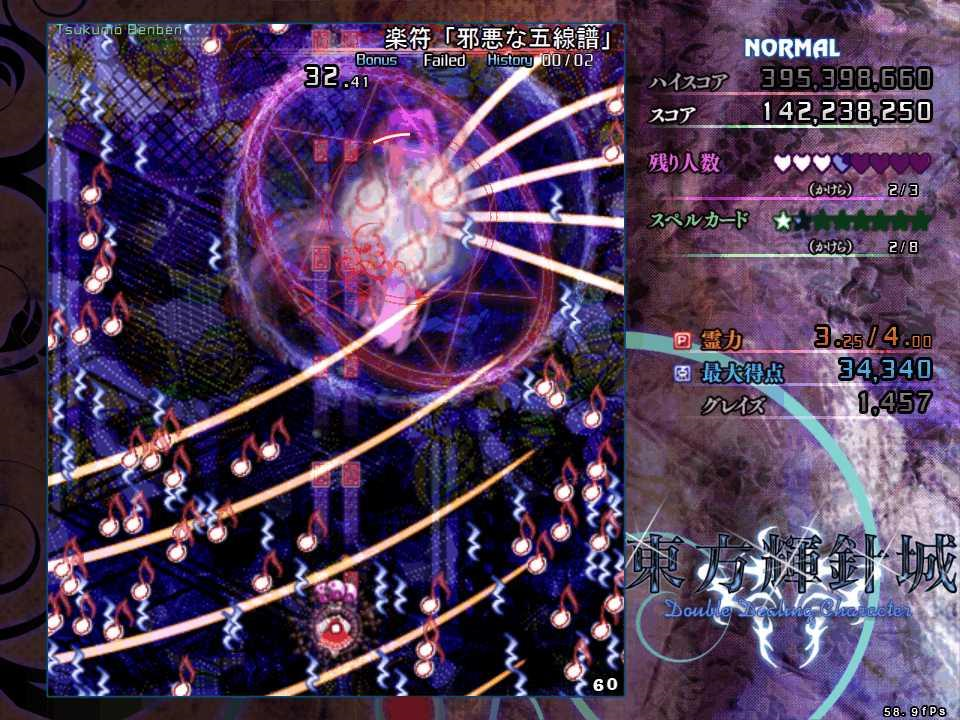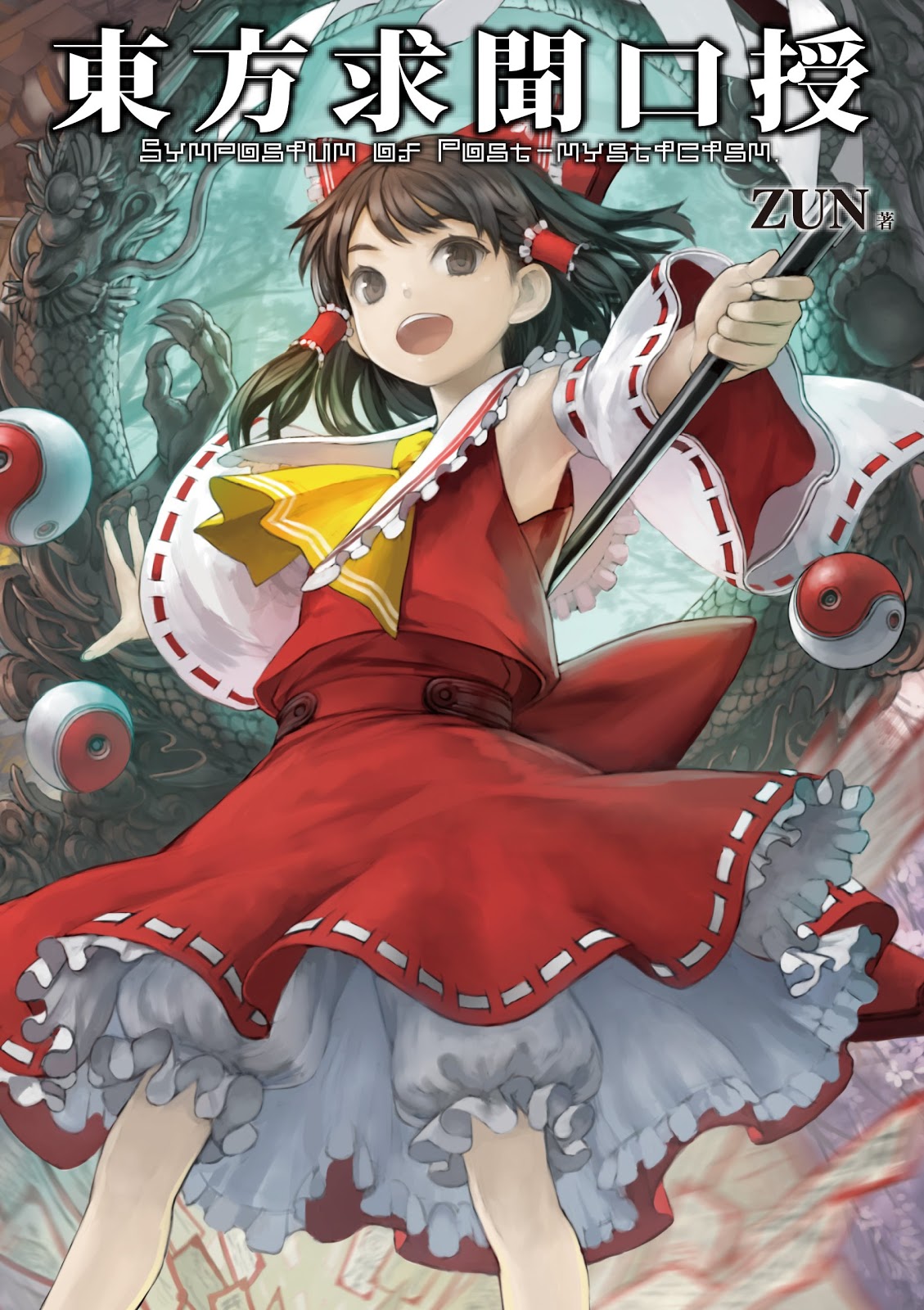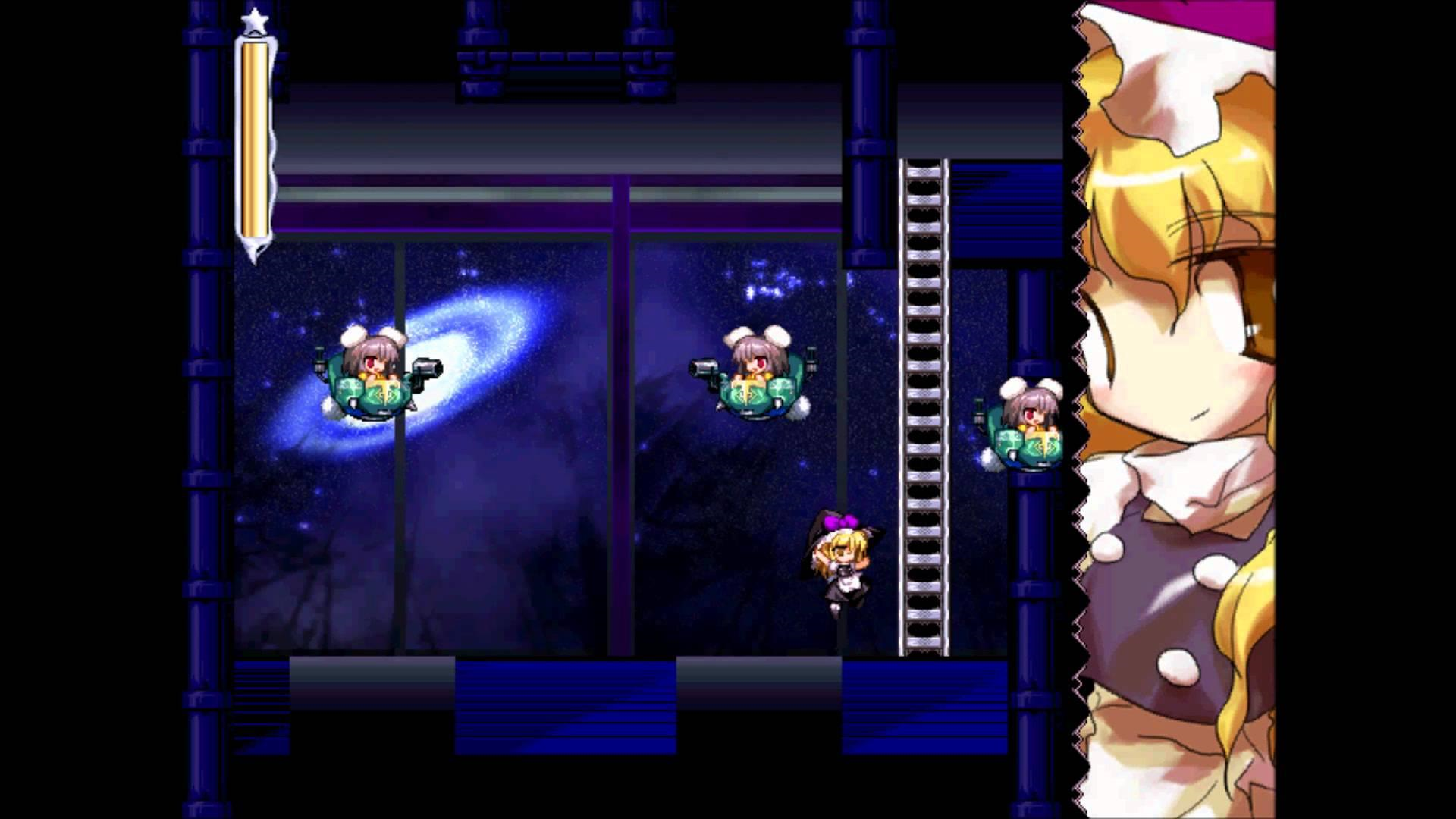An introduction to Touhou Project: Japan's biggest indie series

One surprisingly big piece of PC gaming news has mostly slipped through the cracks recently: Touhou Project, perhaps the biggest indie success in Japan, is finally making its way westward. Playism, the Osaka-based publisher who recently grabbed headlines with successful Kickstarter campaigns for La Mulana 2 and NightCry, has inked a deal to digitally distribute the series’ games in English starting with the latest full release, Double Dealing Character.
Of course, that probably leaves a lot of people with the question: What is the Touhou Project, and why should I care? The answer to that question is considerably more complex than you might think.
Touhou Project is a series of PC games (dating back to 1995) conceived and developed by an individual who goes by the name ZUN. The series primarily consists of a challenging ‘bullet-hell’ style top-down arcade shooting games that require a mix of reflexes, precise movement, and a bit of puzzle-solving to bob and weave through elaborate hazard patterns. I find the games tremendously fun, and each has a distinct personality—in the case of Double Dealing Character, the goal was to create a “neither new nor retro neo-retro shooting game” that dials back the complicated game and score mechanics that turn some folks off of bullet hell shooting games. The visuals (particularly the artistic bullet spray patterns) and the music are also extremely well done, and even more impressive when you consider that everything is ZUN’s handiwork.
But the quality of the games themselves is only part of the reason why Touhou Project has been Japan’s biggest indie sensation for several years now. The lore and characters of the Touhou games are also a massive draw. The world of Gensokyo, a fantastical reality separate from ours, plays host to a massive gathering of mythical, supernatural beings from across Japanese and Western folklore. These quirky, argumentative characters, who are almost entirely female, are held in check by shrine maiden Reimu Hakurei, who maintains the border between Gensokyo and our reality, as well as her forest-dwelling, compulsively-hoarding witch friend Marisa, and occasionally other denizens of the realm. When mischievous beings decide to pull stunts like making winter drag on too long or stealing chunks of the moon, the pair helps put things right.

Though the lore within the games themselves is presented primarily through brief conversation snippets, it’s been enough to inspire hordes of fans. Touhou-related art, fiction, and music has flourished both on and offline, and numerous official and unofficial gatherings for series fans to showcase and sell their work are held across Japan. ZUN himself frequently releases new demos and installments of the Touhou games at these fan-oriented events—events where, even if Touhou isn’t the sole focus, fanworks for the series draw massive crowds. It’s easily the most popular indie game in Japan.
But perhaps it’s not really fair to call Touhou Project an ‘indie’ game—Japan’s independent minded devs seem to want to differentiate ‘indie’ culture from native ‘doujin’ game dev, a distinction that hinges mostly on desire for profit (doujin dev is mostly hobbyist and not terribly profitable, indie devs at least hope to make some money) and means of distribution (doujin games are usually distributed on physical media at conventions or specialty stores, indie games are typically sold digitally).

But another big aspect of the doujin game development scene is re-appropriating characters and settings from other sources and using them in their own hobbyist game projects. Where this might be grounds for a cease and desist in the West, Japanese companies more or less choose to overlook it: copyright laws are different over there, and since doujin development is so small-scale and underground, it generally doesn’t pose a threat to official works. In Touhou’s case, ZUN has been especially permissive with allowing the use of Touhou's universe, provided it’s not being exploited for pure profit. This culture of re-utilizing and remixing characters and settings has created a veritable explosion of Touhou fangames from a variety of creators, some of which are exceptionally good. (Whether or not any of these fangames will cross over to the West as well is still unknown, however.)
Keep up to date with the most important stories and the best deals, as picked by the PC Gamer team.
So while Touhou is still, at its core, about ZUN’s arcade shooters, it’s also morphed into something of a shared, communal world that has spurred further creations from fans and developers. The games already have a decently sized Western following thanks to the efforts of passionate fans in translating and disseminating the series lore, but the official release of the original games in English has the potential to expose a whole new audience to the realm of Gensokyo. Whether or not Touhou will take off like it did in Japan remains to be seen, but it’s still very exciting to see one of the most interesting recent game dev success stories finally broaden its horizons.

